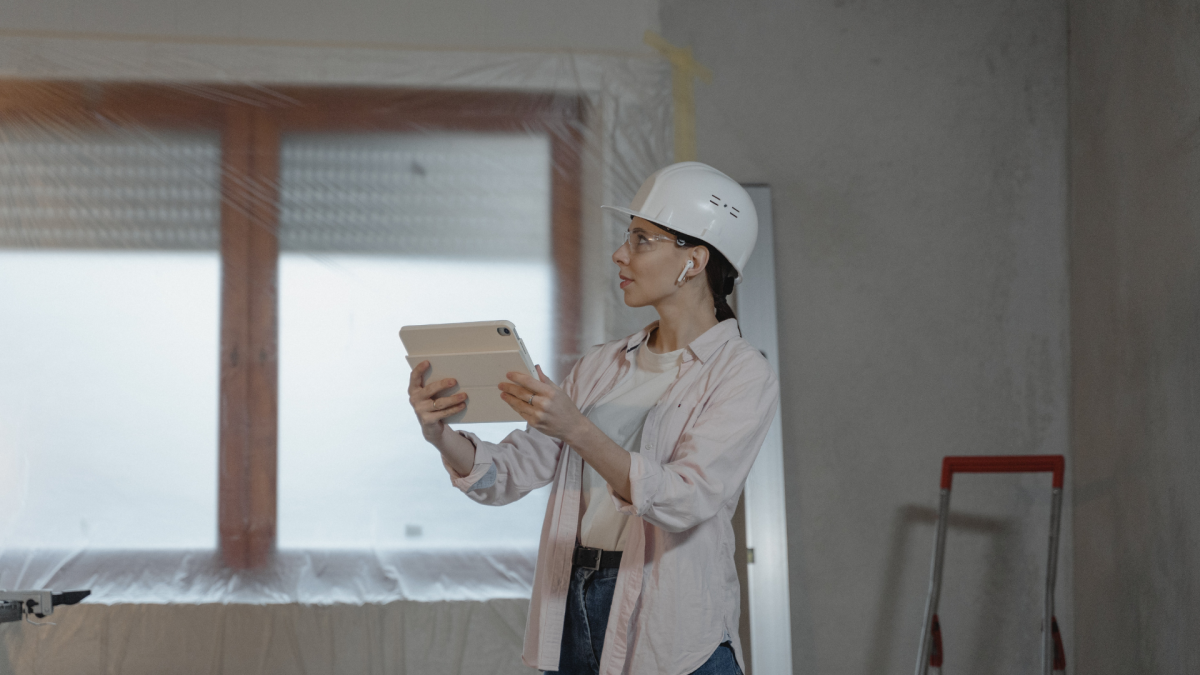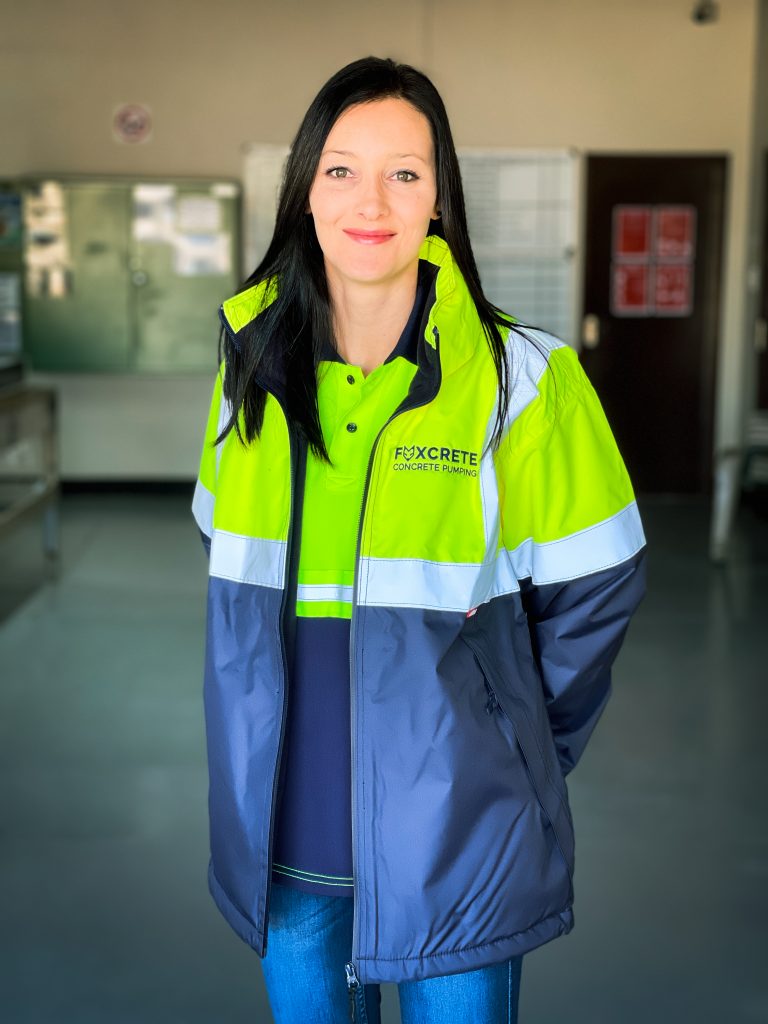
By Eamonn Ryan
- Does Foxcrete have any initiatives under way to encourage more women to be involved in your sector?
At Foxcrete gender rarely plays a role in what type of job a person does. If an individual can do the job, he or she will get the position. We have men that clean workshops, women that work with spanners and women in management positions. It is important for us to have both genders in leadership roles as it has shown to have invaluable benefits to our organisation. When a person possesses the potential to fulfil a certain position, the company will invest in that person and provide support for him or her to achieve their goals. The company is committed to training and development on an ongoing basis and encourages employees to better themselves. The challenge is to find women that are interested to work in the construction industry. It is easier to fill jobs in health and safety, administration and accounting in the construction industry than it is to fill jobs as construction vehicle operators and truck drivers. Although the company does not have a specific initiative under way to encourage more women to be involved in the sector, inclusivity has become part of our company culture.
- As a woman, do you encounter any obstacles to your function or organisation?
Being a woman working in the construction industry for the last 15 years, the times when I didn’t encounter obstacles were few, but over time and with experience, the obstacles became less. The main challenge was to find my voice in a space filled with male-dominated ideas and approaches. In the past, most people were raised in households where men earn the money and women assume supportive roles. In my case, it didn’t work like that. Gender roles played no part in our household. I was raised thinking that I can do what any man can. But I found myself washing dishes at the office, doing admin and running errands. I overcame this by educating myself as much as possible and working hard to achieve my goals. Over time, I found my voice and my opinions and ideas became important in the workplace. Unfortunately, there are always situations where I have to fight my way through. I get underestimated a lot and if I let my guard down, my authority gets undermined. But I have learned to change this into positive experiences and contract some joy from that. You know, like a: “Go ahead, make my day”, kind of thing. So, I have to be tough, strict and consistent at all times.
- What are your thoughts on the involvement of women, and the obstacles they encounter, in what is a male-dominated industry?
It is tough for a woman to work in a male-dominated industry. We don’t get recognised as swiftly as our male counterparts. We have to work for it and prove ourselves first. Another challenge is workplace harassment of women. Gender-based violence does not just occur at home. As business operates in society, social issues such as workplace harassment is a daily reality for many women. For this reason, we have to be able to fend for ourselves, be resilient and stand tall. Respect is earned, not a given. I must say, when I walk into a workplace with my high vis PPE and a clipboard, I am greeted with a smile and get offered coffee and muffins. But this sad reality is not always true. I have noticed a change in recent years across industries and I have read many success stories of women achieving their goals. Women bring a certain set of skills to the table that contributes greatly to the success of a business. Adversity made us strong. Our empathetic side makes it easier to connect to others on a level that males might find challenging. Women do well in areas such as self-awareness, adaptability, teamwork and conflict resolution which are all essential skills for effective leadership in the workplace.
- What are your thoughts on the need for diversity in the sector – and indeed any sector – to find better solutions to problems and challenges?
Diversity cultivates creativity and innovation. If we spend our time with people who are like us, our ideas and ways of thinking will be limited. We will have the same solutions to problems. We will do things in similar ways. Introduce someone from another culture, gender, race or age, suddenly new ideas, solutions and ways of doing things will come to light. Women are still underrepresented in the construction industry. It could be because of the stereotype that construction is unfeminine. The truth is, construction is quite elegant. Like a play in a theatre, everyone plays their part in planning and constructing this amazing building or bridge or reservoir. There is also no reason why safety shoes can’t be pink and why we can’t implement smoothie Tuesday. My point is: the involvement of people from all walks of life is changing the rigidity of the construction industry and I find this quite exciting.
- Are there any experiences you’ve had in business that other women could learn from?
Although I had to work harder than my male counterparts to achieve similar goals, I learned so much more along the way because of it. The life skills I gained are invaluable. At times I became despondent, but the key is to not give up on your goals. Learn as much as you can. Do the work, no matter how menial and do it consistently every day. It is never in vain. There will come a time when the hard work will pay off. However, most often than not, women still assume most of the household responsibilities in life and the risk of burnout is high when we try to manage this work-life balance. It is thus important to be aware of this and to look after yourself in the process. Eat healthy, get enough sleep, and take the time to relax.

More news
- PART 2: CONCRETE IN THE DESIGN OF A UNIQUE LUXURY HOME IN GEORGE, SOUTH AFRICA
- PART 1: CONCRETE IN THE DESIGN OF A UNIQUE LUXURY HOME IN GEORGE, SOUTH AFRICA
- MVULE GARDENS, AFRICA’S LARGEST 3D-PRINTED AFFORDABLE HOUSING PROJECT
- PART 3: HARNESSING THE POTENTIAL OF HIGH SULPHUR FLY ASH IN CONCRETE PRODUCTION
- PART 2: HARNESSING THE POTENTIAL OF HIGH SULPHUR FLY ASH IN CONCRETE PRODUCTION

